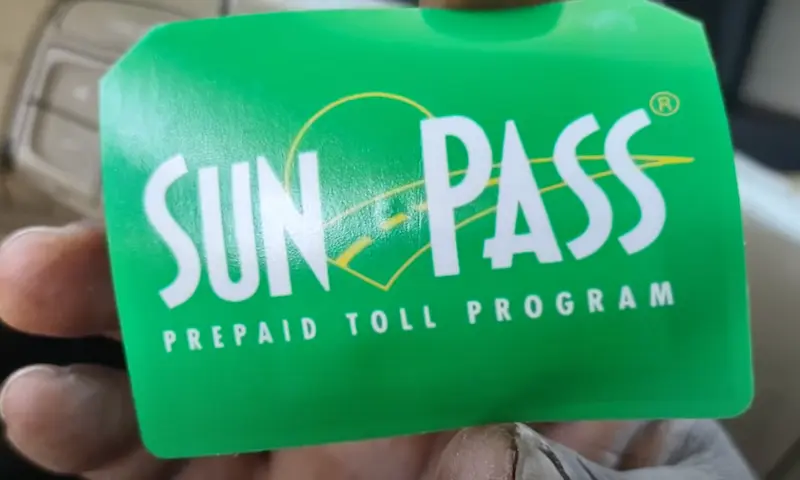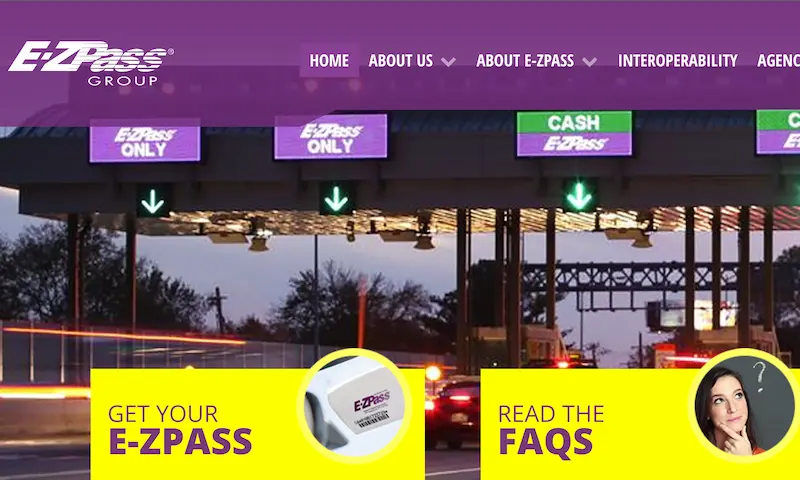Driving on Texas toll roads can quickly become a hassle if you miss a payment. If you don’t pay tolls in Texas, you might face fines, additional fees, and even potential court involvement. This could easily escalate, leading to further complications and costs you’ll want to avoid. Continue reading to understand the full impact and learn how you can stay ahead of any toll road issues.
Consequences of Unpaid Tolls
If you don’t pay your tolls in Texas, you can face a range of penalties. These include fines, administrative fees, a block on your vehicle registration, and even criminal charges.
Initial Penalties and Administrative Fees
When you miss a toll payment, the first thing you’ll encounter is an initial penalty. This typically includes a small administrative fee. For instance, TxDOT charges a $4 late fee per invoice. Other agencies, like the Central Texas Regional Mobility Authority (CTRMA), may charge higher fees, starting at $15 per invoice. These fees cover the cost of processing unpaid tolls. If not paid, these fees can quickly add up, resulting in a much bigger bill.
Increases in Fines Over Time
As time passes without payment, the fines and fees increase. For example, after 120 days of nonpayment, CTRMA may impose a bill that includes $550 in fees and fines on top of the toll amount. The longer you delay, the higher the fines can grow. This makes it crucial to address unpaid tolls as soon as possible to avoid larger fines.
Vehicle Registration Block
Unpaid tolls can lead to a block on your vehicle registration. This means you cannot renew your vehicle’s registration until the tolls are paid off. The Texas Transportation Code allows toll road authorities to request this block. The block remains until all fines, fees, and tolls are settled. This can be a major inconvenience, preventing legal vehicle operation until resolved.
Criminal Misdemeanor Charges
Failure to pay tolls can escalate to criminal misdemeanor charges. According to Chapter 370.117 of the Texas Transportation Code, toll evasion is considered a criminal misdemeanor. If found guilty, you could face fines up to $250 per unpaid toll, in addition to the toll amounts and any other fees. It’s important to resolve these issues early to avoid legal action, which can carry lasting consequences.
Legal Actions and Enforcement
Non-payment of tolls in Texas can lead to serious legal consequences. This includes fines, criminal charges, and even vehicle impoundment, particularly for habitual violators.
Toll Enforcement Measures
If you fail to pay tolls, the first step is usually a formal notice from the toll authority. You must pay the unpaid tolls and an administrative fee, which is capped at $25 for the first notice. The Texas Department of Transportation handles these measures and works to ensure compliance with the toll system.
Non-payment can escalate to increased fees and possible legal action. Toll authorities may work with private collections agencies to recover the unpaid amounts. Multiple notices and increased administrative fees can quickly add significant costs to your original toll bill.
Criminal Charges for Habitual Violators
If you repeatedly fail to pay your toll bills, you can be deemed a habitual violator. Under Texas law, toll evasion can result in a criminal misdemeanor charge. Specifically, you might face a class C misdemeanor, which includes fines up to $250 per unpaid toll. Criminal charges for toll evasion can also come with court fees.
In extreme cases, warrants can be issued for your arrest. These warrants are primarily for failure to appear in court after receiving a toll citation. Ignoring toll notices and court dates compounds your legal troubles and can lead to more severe penalties.
Impoundment of Vehicles
Continued violation of toll payments can result in the impoundment of your vehicle. If you are caught driving on toll roads despite multiple unpaid tolls and warnings, the authorities may impound your vehicle. This enforcement action serves as a final step to compel payment.
The cost of recovering an impounded vehicle includes not just the unpaid tolls and administrative fees but also towing and storage fees. This can become a significant financial burden. If impoundment occurs, it emphasizes the importance of addressing toll payments promptly to avoid such drastic measures.
Avoiding and Resolving Toll Violations
To keep away from problems related to unpaid tolls, you can follow a few simple steps. You’ll learn how to prevent issues, what to do if you disagree with a charge, and how to manage payments effectively.
Preventative Measures
One of the best ways to avoid toll violations is to get a TollTag or a similar transponder. These devices make sure you pay tolls automatically as you pass through toll booths. Many states, including Texas, have programs like E-ZPass that link your car to a prepaid account.
Checking your balance regularly can ensure you never run out of funds. You can set up automatic payments using a credit or debit card so you don’t have to worry about it. Also, update your account if there are any changes, like a new vehicle or card expiration.
If you miss a payment, you might receive an invoice in the mail. Pay it as soon as possible to avoid extra fees. Keep a record of all payments for future reference. This way, you can prevent toll evasion and avoid fines.
Dispute Resolution
Sometimes, you might get a toll charge that you think is incorrect. In such cases, it’s important to know how to dispute the charge. Start by contacting the toll authority directly. Explain your situation and provide any supporting documents, such as payment receipts or statements.
You can also check the toll authority’s website for a dispute form or contact information. Be clear and concise when describing your issue. If your dispute is valid, the toll authority might adjust or remove the charge.
In Texas, for instance, you can contact the Central Texas Mobility Authority for toll-related issues. Acting quickly can prevent late fees or further penalties.
Setting Up Payment Plans
If you find yourself with unpaid tolls, setting up a payment plan can help. Contact the toll authority to see if they offer payment plans for overdue tolls. They might allow you to pay in smaller, regular amounts rather than one large sum.
In Texas, unpaid tolls can lead to fines up to $250 per toll, so it’s important to address them promptly. A payment plan can make it easier to manage these costs without facing severe penalties or court fees.
Regular communication with the toll authority helps in arranging a suitable plan. They might offer options that fit your financial situation. Being proactive can help you regain control and avoid being labeled as a habitual violator.
Tips for Texas Drivers and Visitors
To avoid penalties when using toll roads in Texas, ensure your license plate is always visible and keep your contact details updated. These steps help you receive toll bills promptly and avoid additional fees.
Keeping Your License Plate Visible
Always make sure that your vehicle’s license plate is clean and readable. Dirt, snow, or damage can obscure numbers, making it hard for toll systems to identify your car. This can lead to missed toll payments and potential fines.
If you receive a toll bill, it’s crucial to pay it promptly. Missing payments can lead to additional fees or even misdemeanor charges by the North Texas Tollway Authority.
In some cases, you might be unaware of unpaid tolls due to an obscured or improperly mounted plate. Regular checks ensure your plate is always visible and accurate, helping you avoid these troubles.
Updating Contact Information
Keep your address and contact details up to date with the Texas Department of Motor Vehicles (DMV). When toll agencies like the North Texas Tollway Authority need to send a bill, they rely on the address linked to your vehicle’s registration.
If you move or change contact details, notify the DMV immediately. This ensures you receive toll notifications and can respond quickly. By doing this, you minimize the risk of unpaid toll fines piling up.
A TxTag or another toll tag can simplify this process by linking tolls directly to your account, but keeping contact details updated remains critical.
















